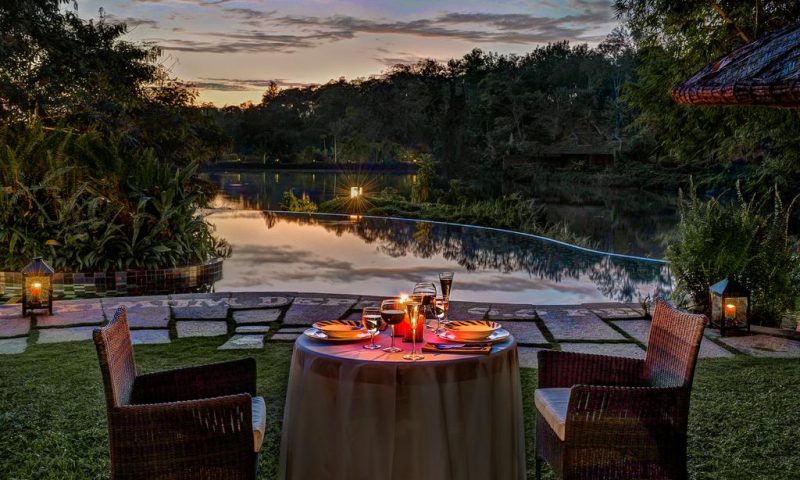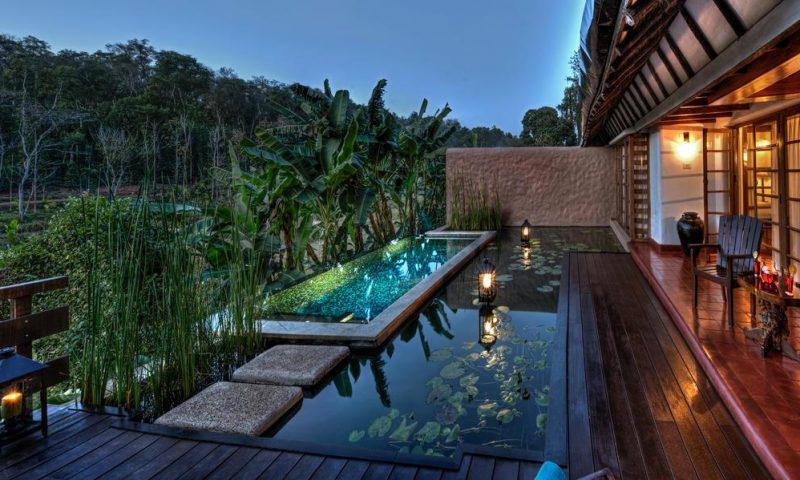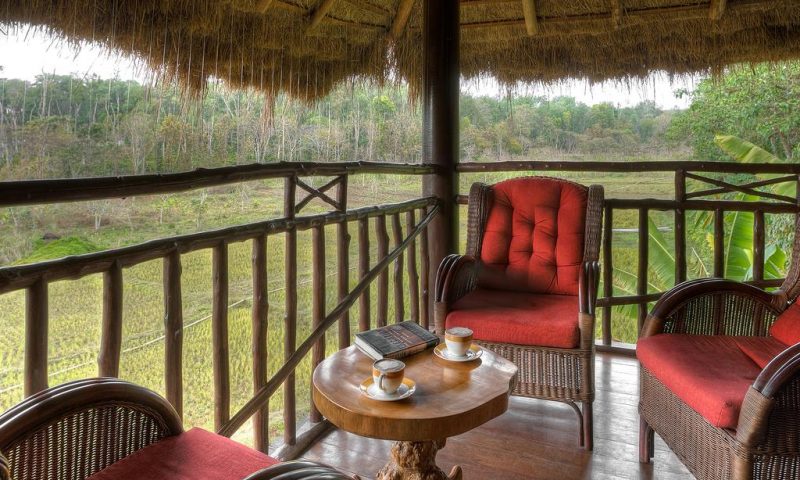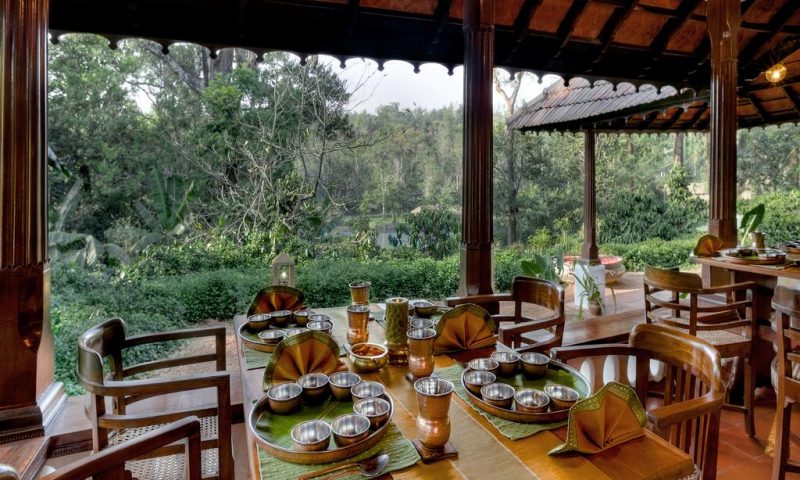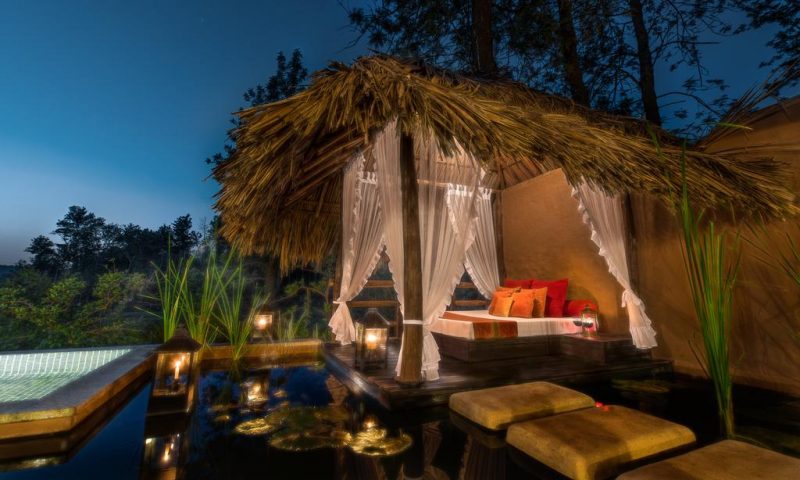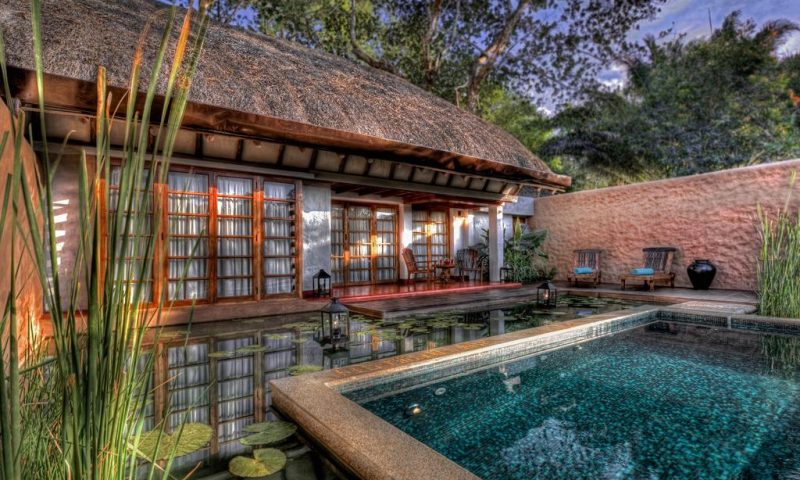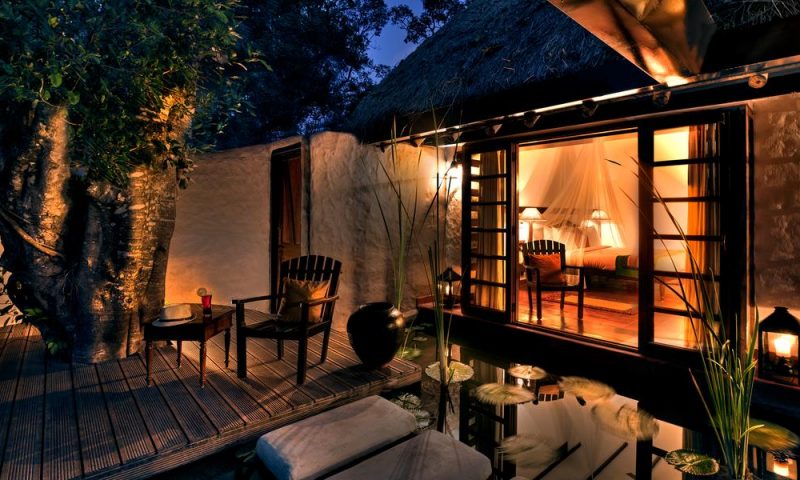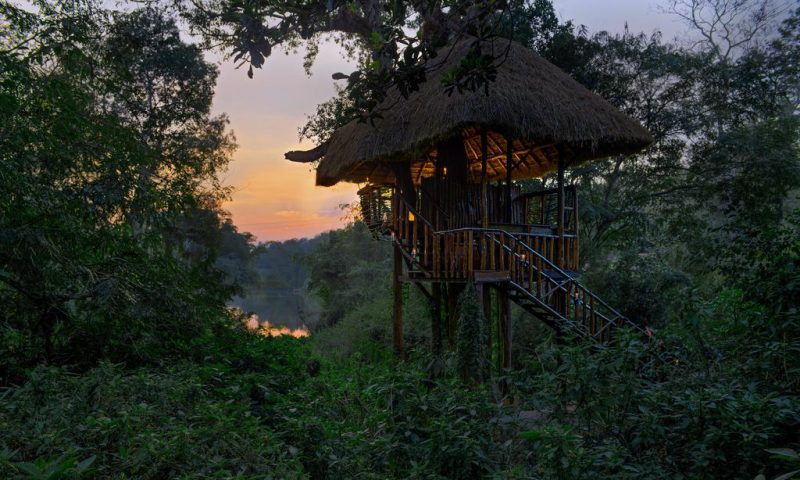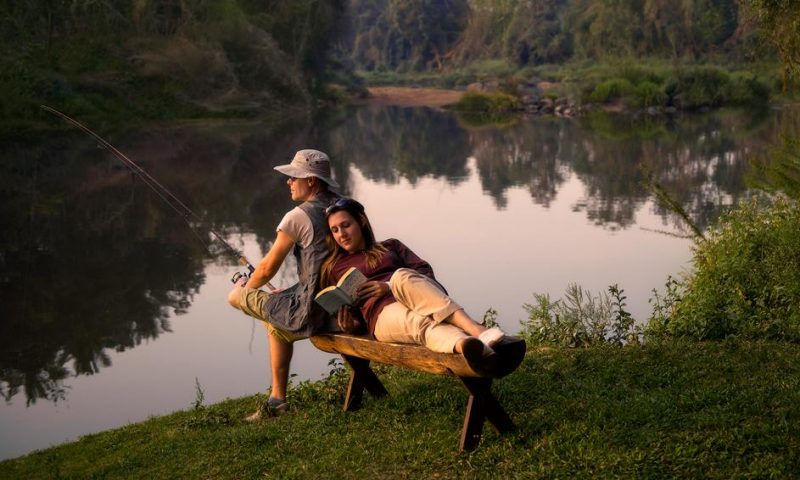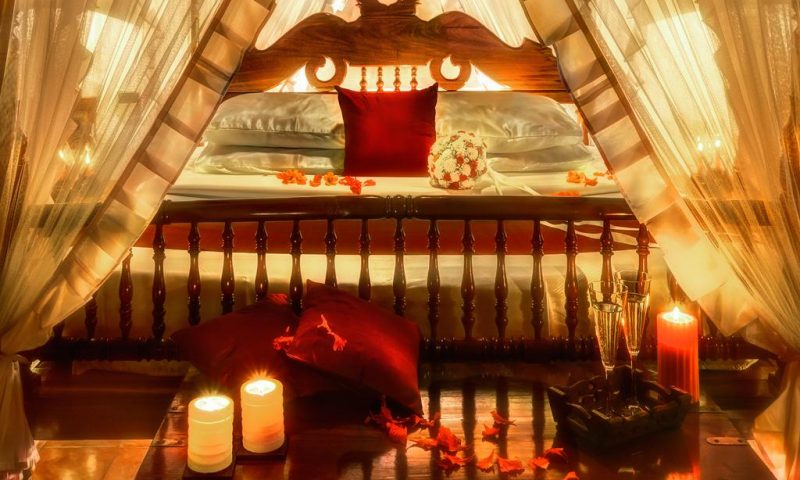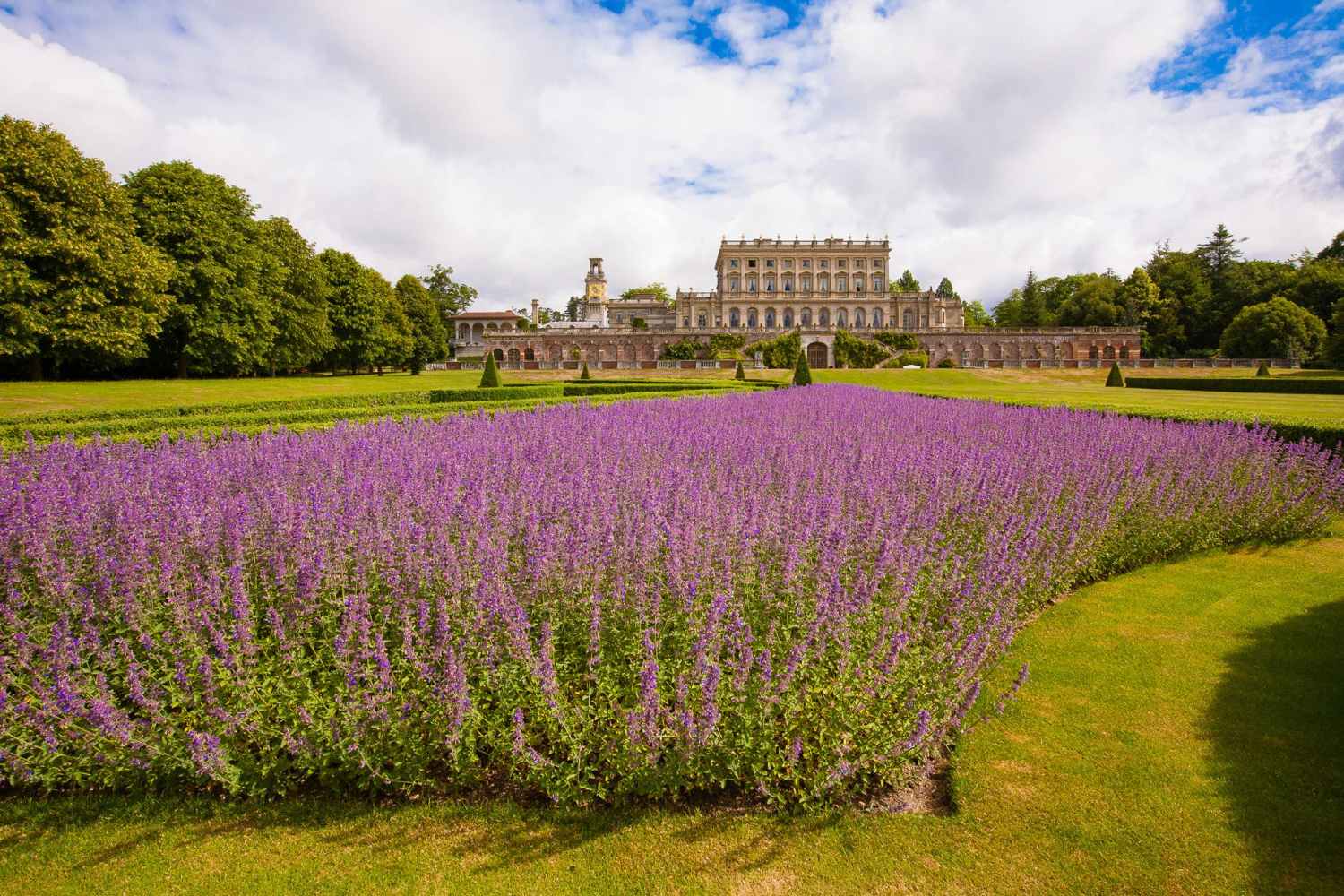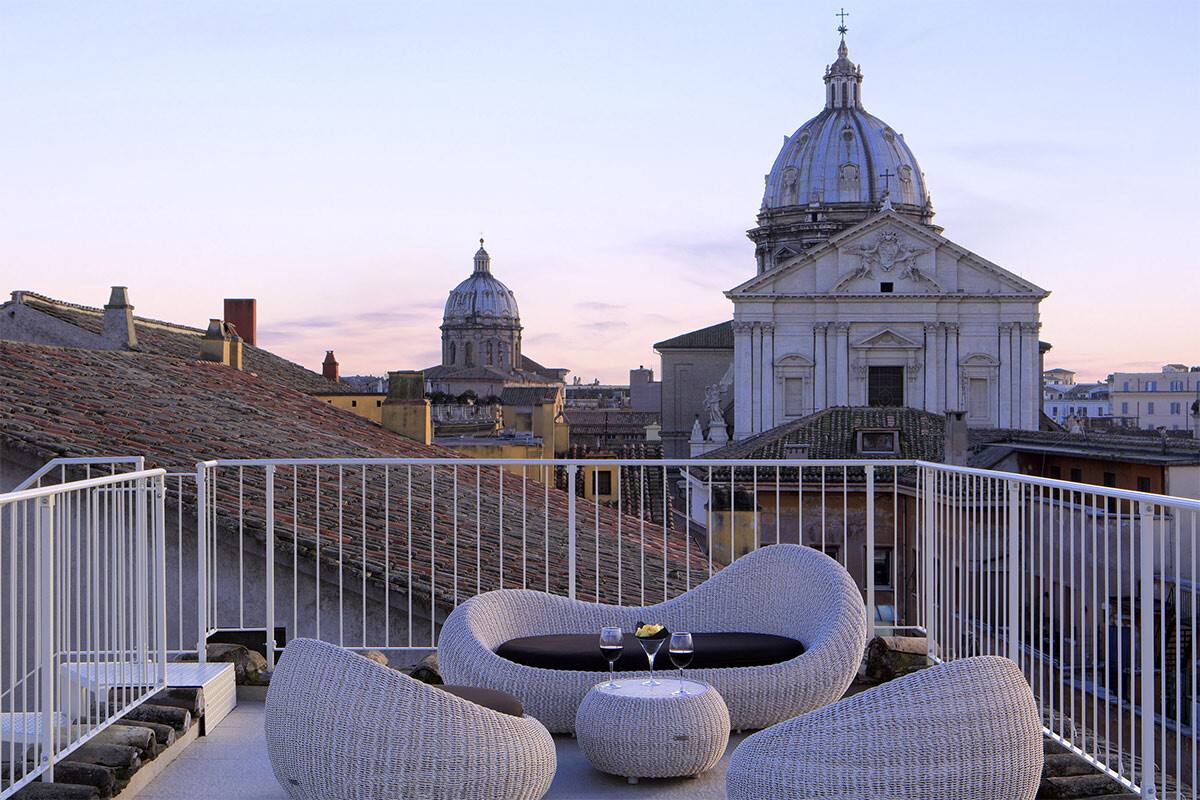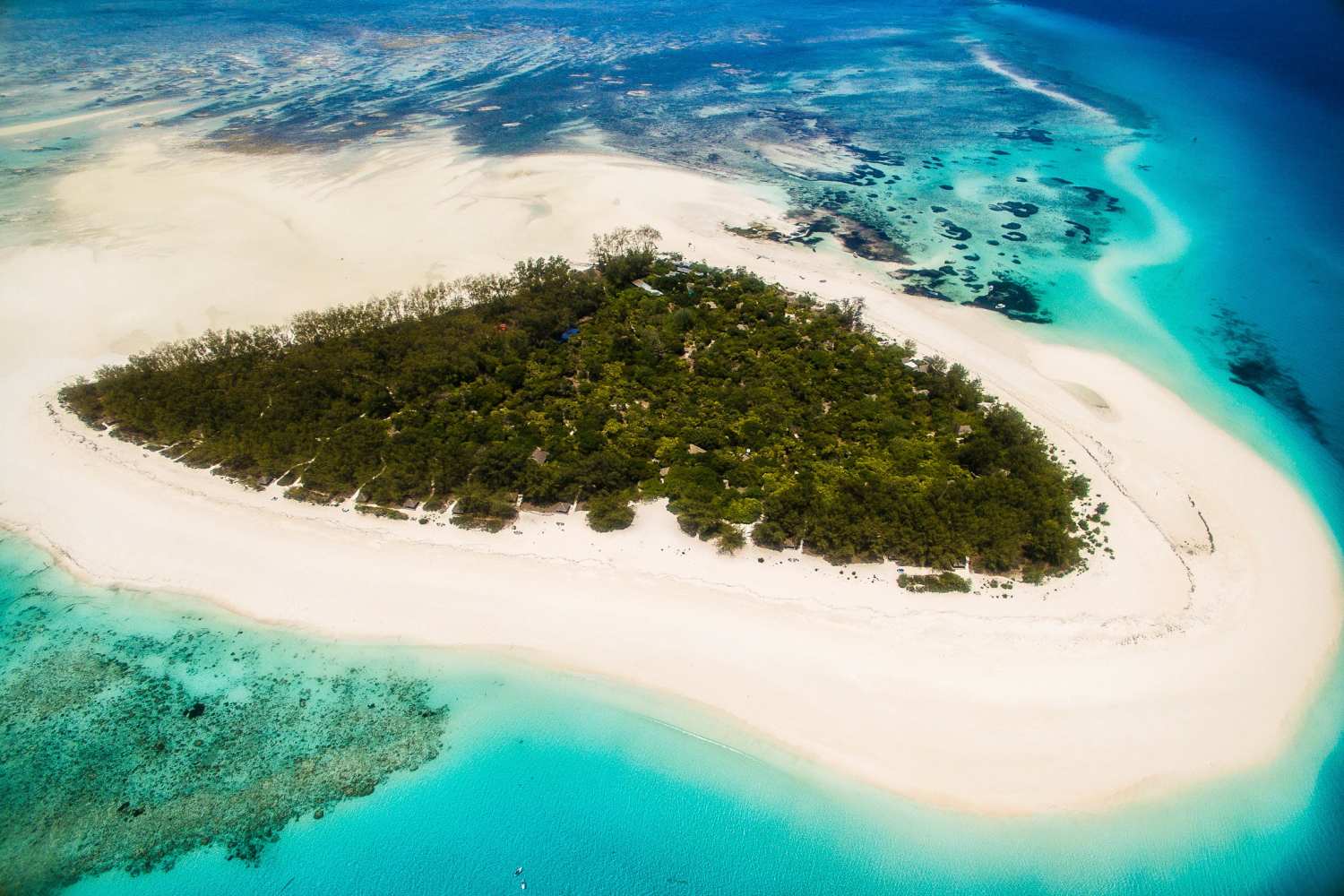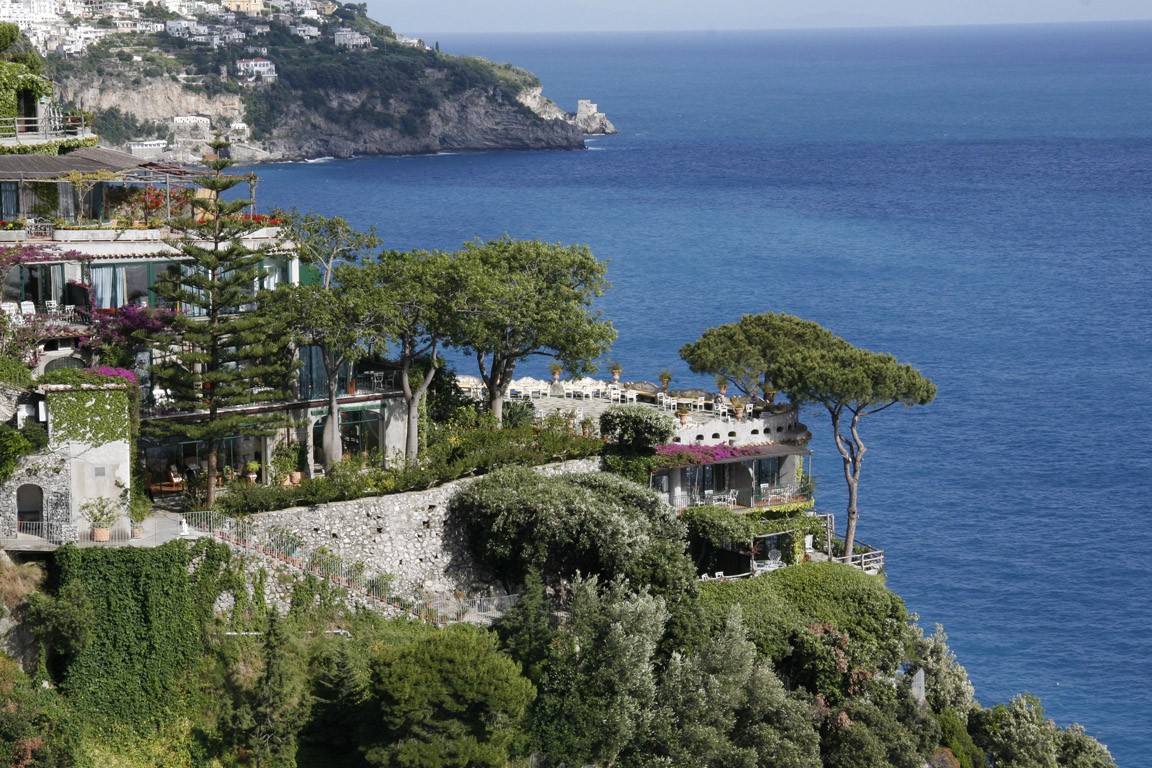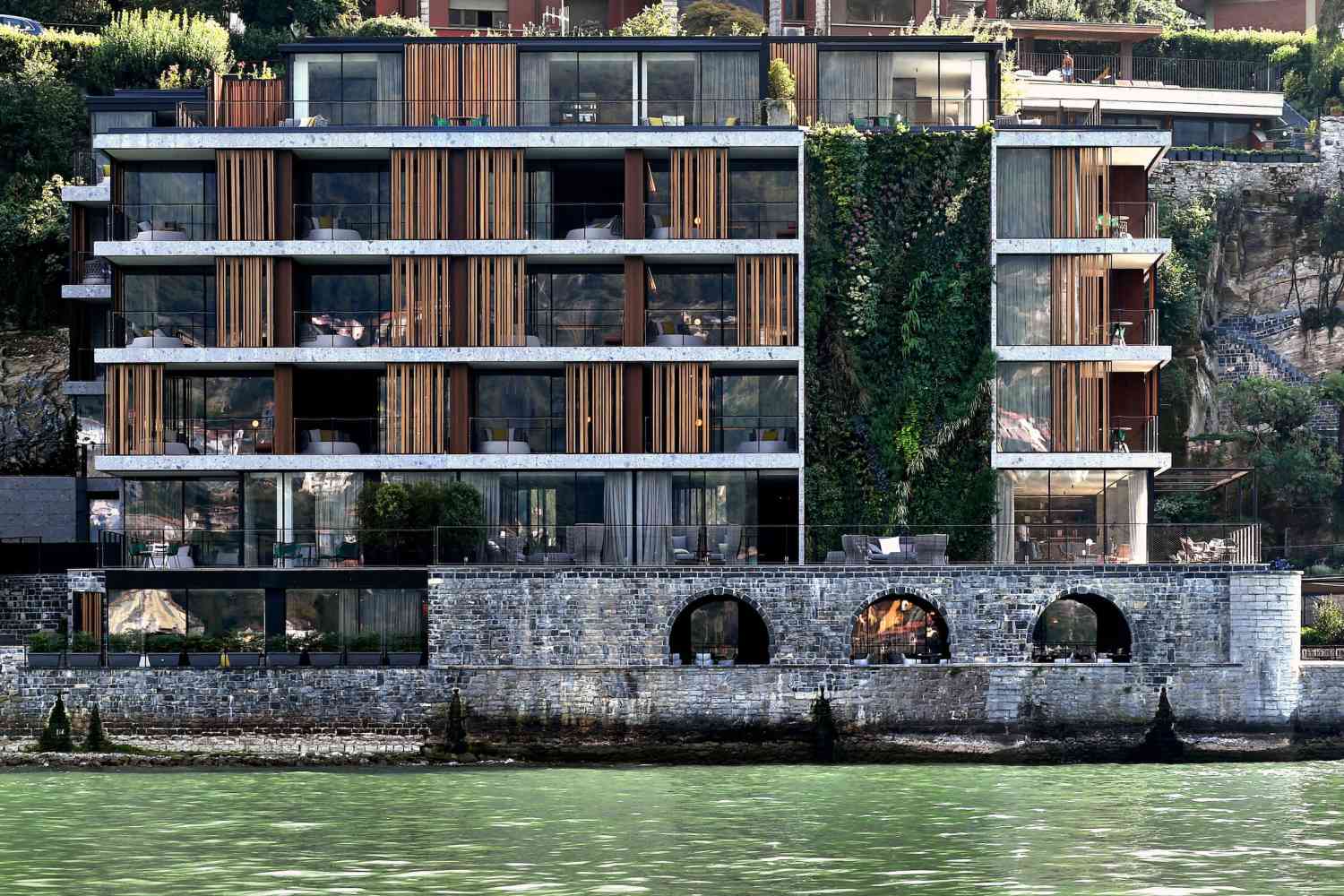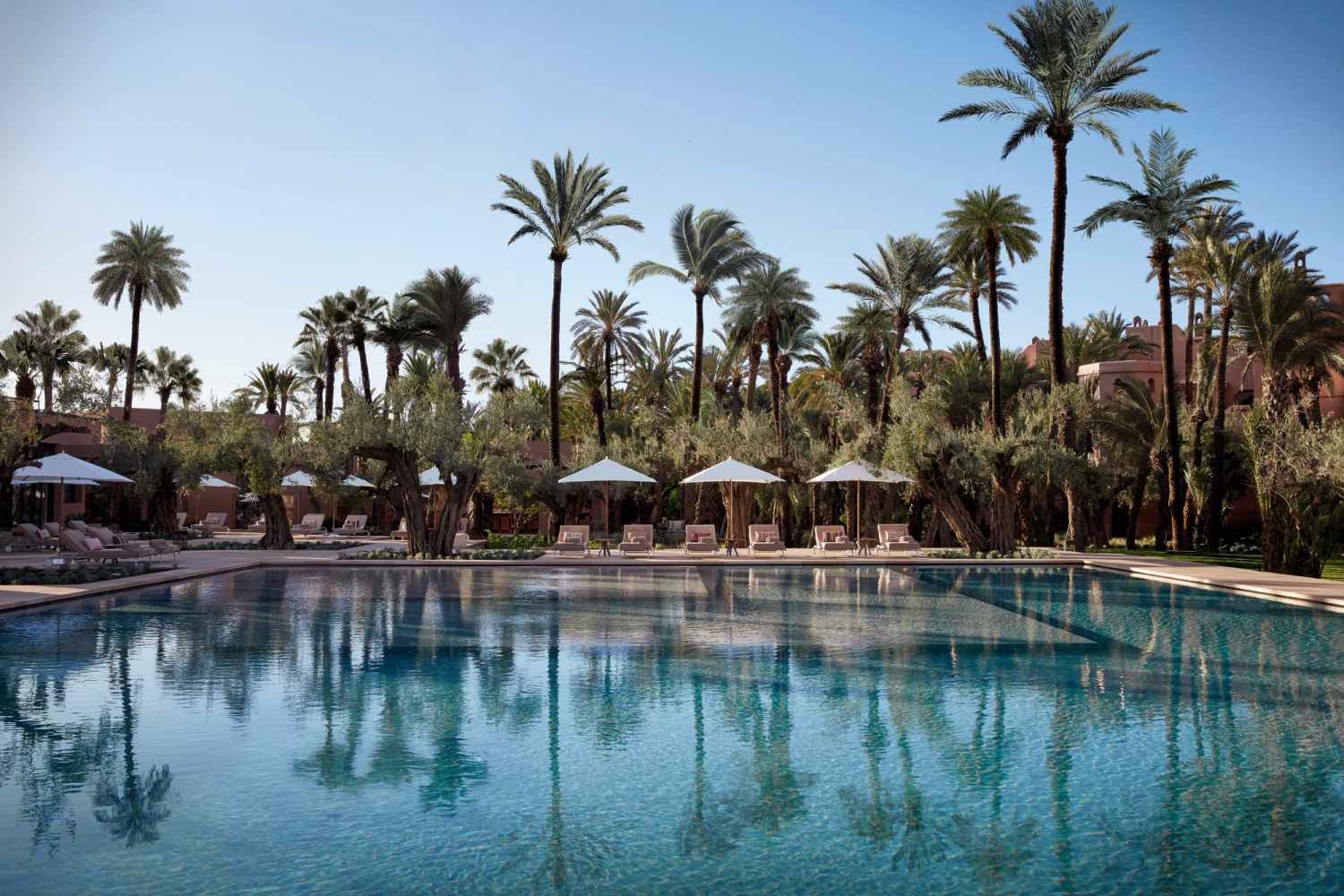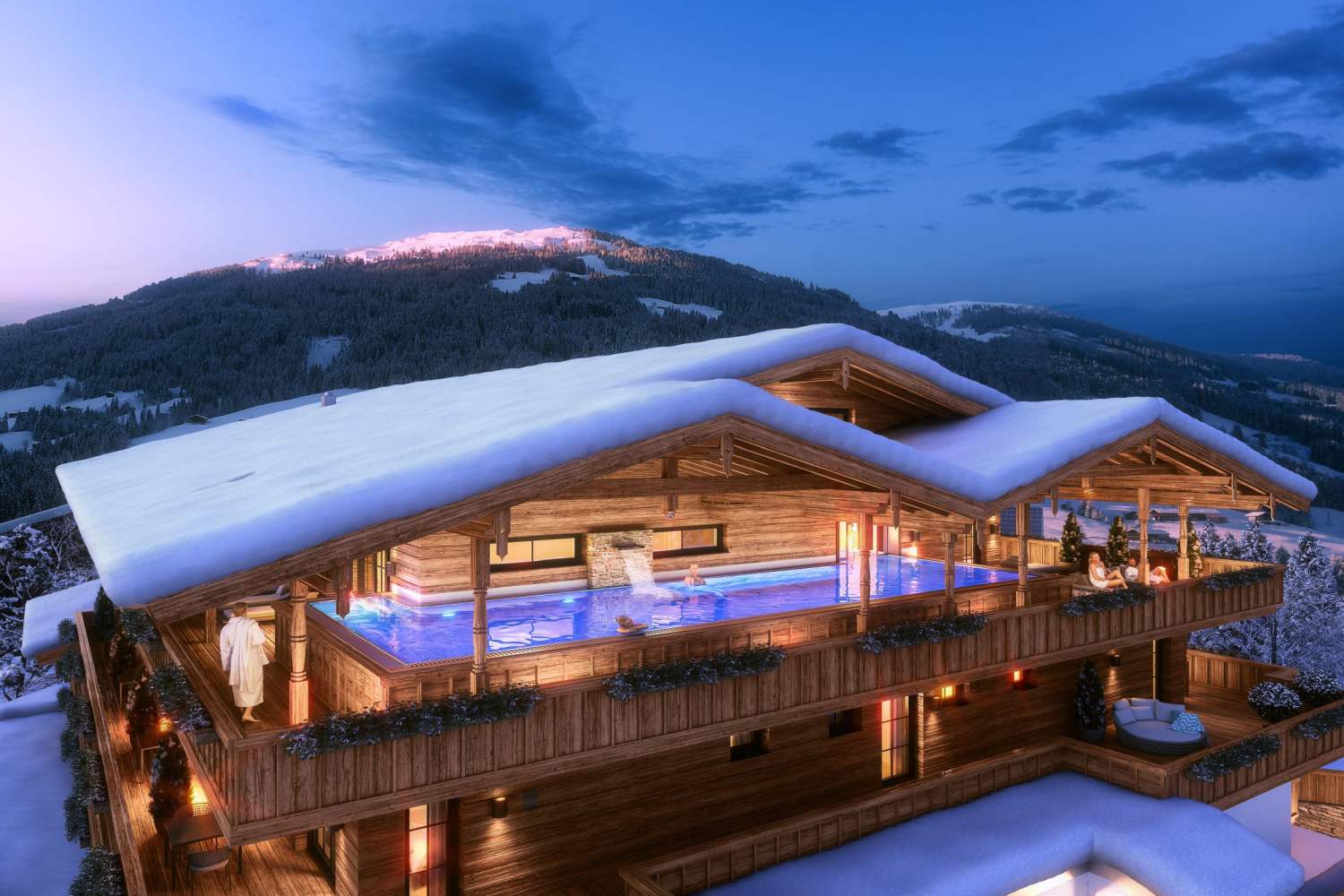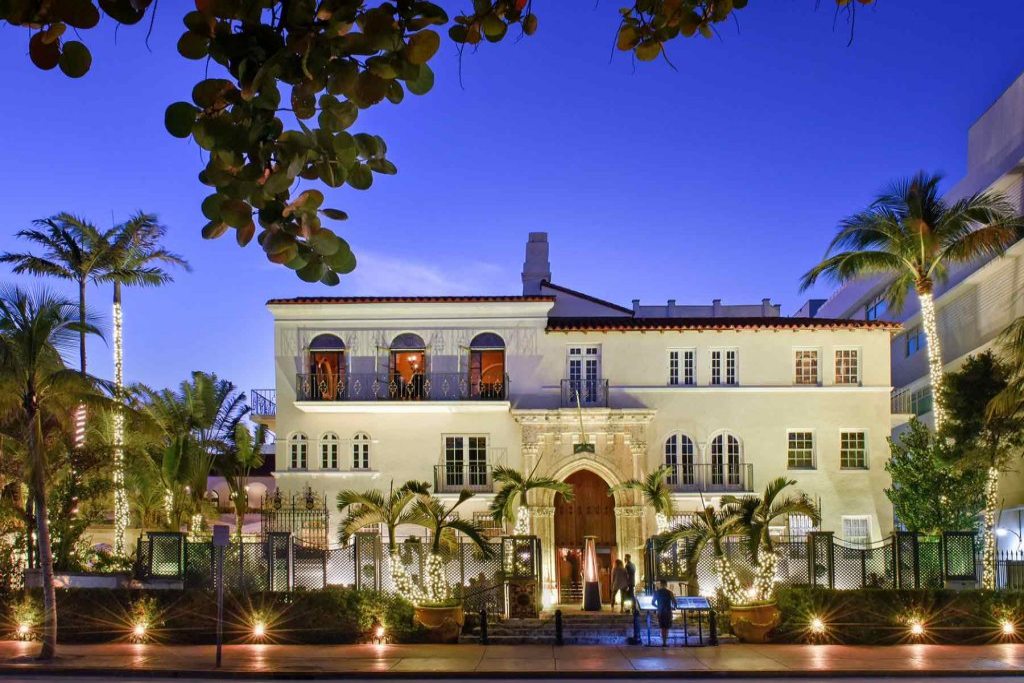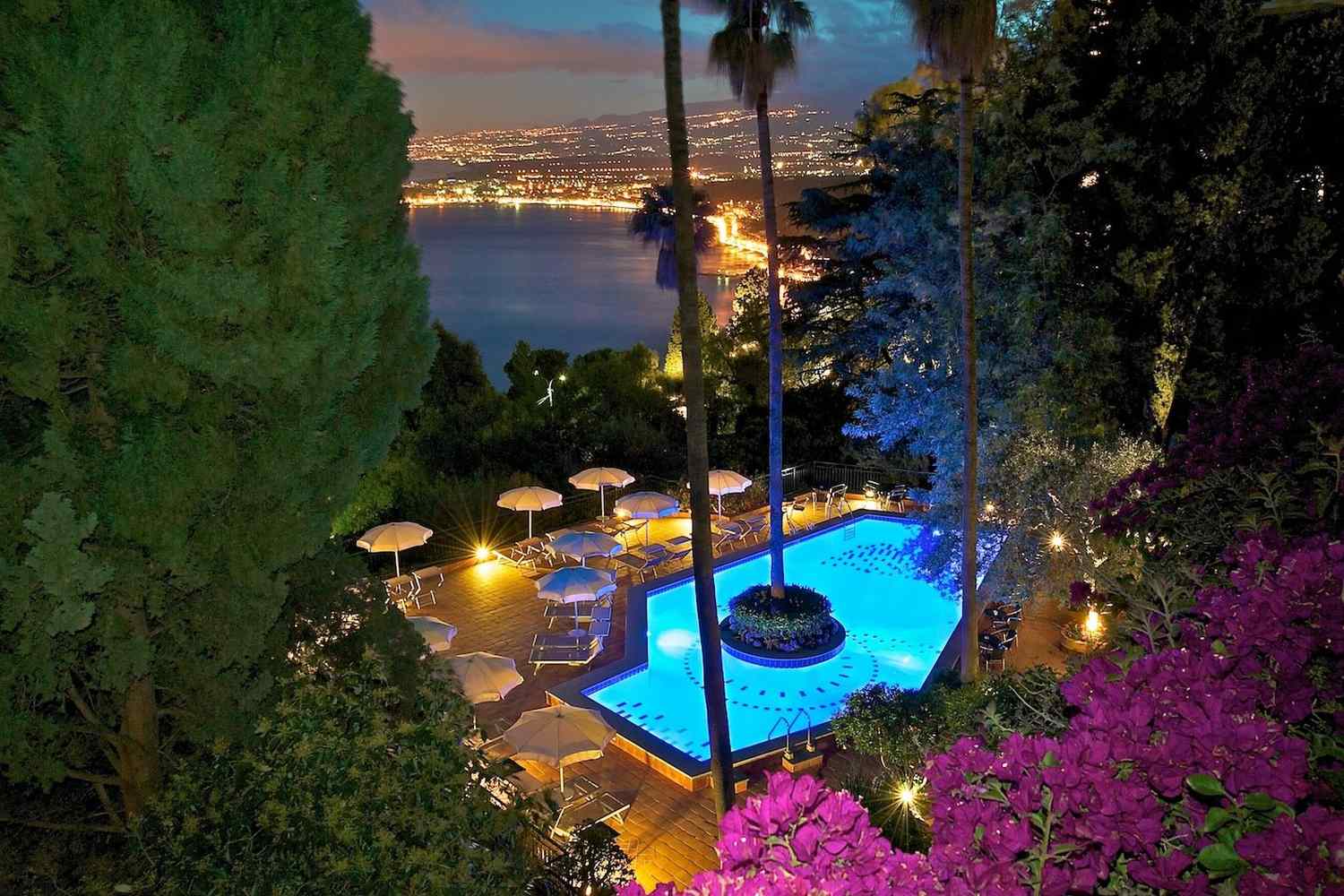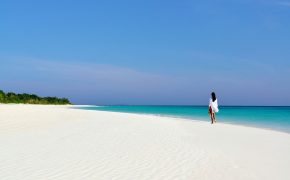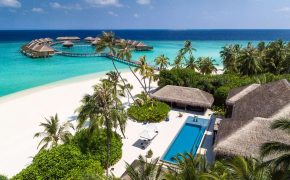When you step into the portals of Evolve Back Chikkana Halli Estate, Coorg, you leave one world behind, and step seamlessly into another: the bygone era of the Gentleman Planter.
Ensconced in the cocooned comforts of a lush 300-acre plantation paradise, the resort is perfumed with the subtly intoxicating aroma of coffee and spice. Come, allow the Spirit of the land to infuse your very being, and coax you gently on a personal voyage of discovery.
THE HISTORY
What really adds spice to the tale of Coorg is the dash of legend and local lore that permeates all discussions on the provenance of the region. According to the ancient Indian treatises or Puranas, the land of initial settlement was called Krodadesa which later became Kodavu.
It is also said that Kodagu is derived from the word Kodava. ‘Kod’ means ‘give’ and ‘avva’ means ‘mother’, with the reference being to Mother Cauvery, one of the seven sacred rivers of India, the fountain of life and sustenance in this land.
Legend has it that the Goddess Cauvery appears at the sacred site of Talacauvery, the source of the Cauvery, on a specific day in October. She manifests herself as a sudden upsurge of water in a small tank.
A large number of devotees gather to witness this bubbling spring and coconuts adorned with flowers are floated down the river as part of a special prayer. The water is especially potent on this occasion and is said to possess healing powers.
Much like India’s fabled wealth attracted invaders in the past, Coorg’s beauty, plentiful water sources and fertile soil were like magnets to the rulers of surrounding areas. Coorg’s rainfall and rice fields made it the granary of the region and it was much coveted by its neighbours.
For centuries, the hardy highlanders of Coorg successfully fought off the invaders, and even the mighty Tipu Sultan, and the British Empire couldn’t lay low the warrior spirit of the Coorgs. Their allegiance could be won only with their willing cooperation, not by force.
Ancient chronicles record that the region gave allegiance to a succession of Hindu dynasties. The Gangas of Talakad, were followed by the Cholas, and when Hoysala rule ended in the 14th century, Coorg came under the influence of the Vijaynagar kingdom.
When the great Vijayanagar Empire famed for its wealth all over the world, fell to the combined onslaught of its enemies, it left a vacuum which was filled by local chieftains.
These chieftains constantly warred with each other and were united by Veeraraja, a Lingayat man from outside the land. Veeraraja posed as a holy man to win the confidence of the chieftains. He finally went on to become the first king of Coorg. His family, the Haleri rajas, ruled for 221 years.
For decades, Coorg withstood the frequent invasions of Hyder Ali and his son Tipu Sultan. After many failed attempts, there was a brief period when Tipu Sultan attempted to enforce his rule by establishing four forts, and placing his troops in them. But these troops were soon besieged and had to negotiate a surrender.
The last king, Chikka Veerarajendra, was a despot who lost the support of his people. Things came to such a pass that the same warriors who propped up the Haleri Raja dynasty were instrumental in bringing it to an end.
In 1834, a Coorg general called Apparanda Bopanna, whose forefathers had gallantly repelled the British, invited the British forces under Col. Fraser into the kingdom, and escorted them to the fort at Mercara (Madikeri).
What followed was a period of peace and prosperity. The British brought in coffee cultivation on a large scale and left behind a legacy of a colonial lifestyle that is still followed. The Coorg qualities of shooting straight from the shoulder, both literally and figuratively, found favour with the British. Coorgs were encouraged to join the British Indian Army.
After Independence in 1947, Coorg remained a Part ‘C’ State till 1956 when it was merged with the State of Karnataka. But the brief imperial rule left behind a legacy that is the source of Kodagu’s identity and income – the cultivation of coffee and spices.
COFFEE, SPICE & MORE
Fondly referred to as the ‘Coffee Cup of India’, this is one sobriquet that Coorg wears with an almost possessive air. After all, some of the world’s best coffee is grown here, and the slopes are redolent with the aroma of fine Arabicas and Robustas. This heartland of Indian coffee is renowned for its ‘monsoon-fed coffee’, shade-grown under giant Rose Wood, Wild Fig and Jack Fruit trees.
While nurturing and instilling the beans with exotic flavours and aromas, these fruit laden trees are a unique eco-system by themselves providing home to thousands of birds and animals including the Great Indian Pied Hornbill and the Giant Malabar Squirrel.
Come February, the air is filled with the heavy fragrance of snow white coffee blossoms, heralding the onset of the coffee season. In November, the plants are dotted with ripe red coffee cherries. And throughout the year, it is the beverage of choice for natives and tourists alike.
The first estate in Coorg was established in 1854 by an Englishman of the name John Fowler. The first British superintendent, Captain Le Hardy took a deep interest in the prosperity of the land and soon nearly every family in Coorg had started growing the brew that refreshed the world.
While coffee was the cup that cheered, the hills of Coorg were the supply depot for the famous spice coast of Malabar. Pepper, Cloves, Cardamom, Kokum (Garcinia cambogia), Cinchona, and other stars of the fabled ‘spice route’ are residents of these hills.
Coorg Pepper is simply considered the world’s best and since ancient times, traders have landed on the neighbouring Malabar Coast of Kerala to pick up loads of this black treasure. The ancient Greeks, Romans, Arabs and Chinese then carried it to different parts of the world.
Pepper abounds here, and is grown along with the coffee. The pepper vines are allowed to climb around the towering shade trees, creating ‘green pillars’ that look like they support the sky.
VILLAS OVERVIEW
Coffee, Spice, and Plantation life. What better way to truly enjoy the ‘Evolve Back Experience’ than by letting oneself go in the elegantly luxurious ‘Lily Pool’ series of Villas and Kodava styled Heritage Pool Villas spread out in delightful clusters around this working coffee and spice plantation.
While the ‘Lily Pool’ series of Villas offer you a glimpse into the privileged life of the gentleman planter, the Heritage Pool villas are inspired by ethnic Kodava architecture and offer the ultimate in luxurious seclusion.
HERITAGE POOL VILLA
This is Kodava architecture at its luxurious best. The Heritage Pool Villas boast a separate living room and en-suite bedroom, with a courtyard and your very own personal swimming pool with deck chairs. And, affording a pool view are two lovely sit-outs, complete with planters’ chairs to laze on with a book and drink on hand
FACILITIES OVERVIEW
Evolve Back Chikkana Halli Estate, Coorg, comes equipped with an array of facilities designed to help you forget the world you’ve left behind. From out of the world dining destinations, to a large communal pool and an exclusive infinity pool, to a romantic coffee lounge and library, and an esoteric Ayurvedic Spa, Evolve Back offers the kind of facilities and services that make this destination a journey in itself.
INFINITY POOL
An exclusive infinity swimming pool for you to commune privately with your significant other half, or contemplate the ways of the universe in a serene setting. Experience tranquillity at this exclusive pool for adults that borders the plantation and the Dubare Reserve Forest.
READING LOUNGE
A lounge on stilts, overlooking lush paddy fields and the coffee and spice plantation, this is one of the delicious ironies of a holiday here. A setting so serene, it’ll lull you to sleep. Yet, irrigated by endless cups of the house brand, Sidapur, your senses will be fully awakened and alive to the endless possibilities here.
The best way to deal with it is to pick up one of the coffee table books from our library, order a cappuccino, spread out on your favourite chair, and alternate between periods of active observation and restful bliss.
AYURVEDA
Experience rebirth at the Vaidyasala, the Ayurveda Village that harnesses the ancient secrets of the world’s oldest healing system, to rejuvenate, regenerate and revitalize you.
With expert masseurs and masseuses to infuse your body with new vigour. And experienced physicians to prescribe a customized regimen to suit your constitution. With herbal baths, oil massages, age retardation therapies…all amidst a soothing, tranquil natural environment that promotes wellness of body, mind and spirit.
FAMILY POOL
Take the plunge into our Communal Swimming Pool that beckons you with its clear azure waters in a scenic location. The pool is ideal to laze around in with your family, as it also has special child-safe zones so you can take a lap or two without worrying about your toddler.
DINING OVERVIEW
Soul food finds body and spirit to seduce your palate in three awesome temples to the culinary arts. The impressive culinary spread at the resort, is outdone only by the breathtaking settings of its restaurants. Our intimate and personalized dining experiences are designed for those looking to celebrate love.
GRANARY
For starters, we discover the way to a man’s heart is through the portals of the generously stocked Granary, an indulgent ode to the good life as lived by the gentleman planters of a bygone era.
Thrift and moderation are words conspicuous by their absence and this restaurant is all about abundance, be it the gourmet continental spread or the Indian repast, with a strong Kodava flavor finding expression in the signature Pandi Curry (spiced curried pork) and other gems from the ethnic melting pot.
PEPPERCORN
The Peppercorn, a speciality restaurant, pays homage to the humble Kebabs and Grills, and serves up unlimited platters of their finest specimens in a serene setting overlooking the private lake.
PLANTAIN LEAF
Fine dining for vegetarians comes of age in the Plantain Leaf, which is set amidst verdant coffee and spice plantations and serves an array of North and South Indian vegetarian delicacies.
BY THE LAKE
The peppercorn deck built on the lake at the resort, is a very scenic and romantic venue where you can dine in harmony with nature and each other. The moonlit ambience, the five course menu embellished with a glass of wine and the company of your loved one, combine to create a dining experience like no other.
KODAVA TWILIGHT
An exclusive dining experience by the poolside in your own Kodava style Private Pool Villa. Sit back and enjoy the soft glow of the twilight as the sun sinks behind the cool green hills of Coorg. Experience being pampered by our personalized service and a choice menu while the pool provides an intimate backdrop.
MOONLIGHT FOR TWO
A dinner laid out exclusively for the two of you at the Infinity Pool deck by the lake at the resort. Luxuriate in a personalized setting created by candles, stars and the sounds of nature serenading you, while savoring a choice menu prepared on the spot just for the two of you.
THE MACHAN
The ‘restaurant for two’ offers you a completely private and elevated dining experience that towers above all else! The Machan is your chance to commune with nature, even as you discover each other in the gentle intimacy of a treetop gourmet meal.
EXPERIENCES OVERVIEW
When you step into the portals of Evolve Back Chikkana Halli Estate, Coorg, you leave one world behind, and step seamlessly into another: the bygone era of the Gentleman Planter.
Ensconced in the cocooned comforts of a lush 300-acre plantation paradise, the resort is perfumed with the subtly intoxicating aroma of coffee and spice. Come, allow the Spirit of the land to infuse your very being, and coax you gently on a personal voyage of discovery.
PLANTATION WALK
Take a guided tour of the 300 acre working coffee and spice plantation on foot. Learn first hand the difference between an Arabica and Robusta, discover how the Malabar blend got ‘monsooned’, and explore the spice scented pathways of Evolve Back Chikkana Halli Estate to slip into the spirit of the land
BIRD WATCHING
Coorg is an ornithologist’s delight. And is every bit as entertaining and enlightening for the amateur birdwatcher too. Consider how Coorg alone accounts for over 25% of all bird species in India, and you get an idea of why birding at Coorg is so popular
VILLAGE VISIT
The environs surrounding the resort in Coorg hold some hidden natural delights and social experiences waiting to be uncovered. Join the naturalist early morning on a cycle trail or for a walk to discover these salient spots that lie just outside the resort.
The eventual destination in both cases is the quaint riverside tea shop where you can catch your breath and observe the rhythms of local life as you sit on the bank of the Cauvery sipping Muhammad Ali’s special teas
WORKER’S TRAIL
Experience Plantation Life, first hand! Here’s your chance to get into the shoes of a Plantation Worker, quite literally. Join the plantation workforce in the seasonal estate activities, that you would have at best, read about.
From pruning coffee plants to harvesting ripe red coffee berries, get introduced into a whole new work culture, where human hands reign supreme. In the process, enhance your respect for that cup of coffee, that you take for granted
CORACLE RIDE
Coracles are local fishing crafts that are circular and ideal for navigating these waters. The coracle ride on the river not only helps you to gauge the myriad moods of the river, but also gives you a fish-eye view of the surrounding forest and the habitation, and allows you to be a small part of the ebb and flow of riverine life.
CULTURE
The Kodavas have a distinct ethnic identity they have zealously safeguarded over the centuries. They have their own unique language, customs and traditions. The names of Kodava people are characteristic and include a clan name. The clan is central to Kodava culture and families trace their lineage through clans. Marriage within a clan is discouraged.
Kodavas have many cultural differences from the other communities in southern India. Though they are Hindu, Kodavas do not accept Brahmin priests, preferring that ceremonies are conducted by their own elders.
The elders of the community help in organising the ceremonies. The importance of the fire god found in most of the Hindu rituals is usually absent in Kodava culture. Usage of slokas and vedic chants is also not present.
Easily one of the most martial cultures in the country, these are a people who ritually worship their guns and swords. Interestingly, till a few decades ago, the birth of a male child was marked with a gun shot, announcing to the world the arrival of a warrior. And when the child was named, he was fed the preserved meat of the tiger, in the belief that he would one day grow up to fight like one.
If a culture could have a set objective, for Coorg it would definitely be the creation of fierce fighters. There is about the Coorg, a certain rugged frontier spirit even to this day. A spirit which motivates him to join the armed forces, the police, the forest department…wherever there is adventure to be found.
The exotic and differently flavoured Kodava cuisine is predominantly non-vegetarian. Their signature dish is the unusual Pandi or pork curry served with Kadumbuttu or rice dumplings. Succulent Koli or chicken curry, Nool Puttu or rice noodles and Bembla or bamboo shoot curry are other unusual Kodava dishes.
Every Coorg ritual – naming ceremony, marriage, or a house warming, and even many festivals have a strong martial element. At weddings today, thick banana stems are chopped with a short Coorg sword to indicate that the groom’s party has fought and taken as many lives for the bride’s hand.
A symbolic throwback to the days when men fought for the women they loved. Handsome people, colourful traditional costumes, feasting, dancing and good humour make Coorg weddings a highly enjoyable spectacle. You will find that women are respected deeply in Coorg’s liberal society and that chivalry is still very much alive.
The harvest festival is called Puthari or ‘new rice’, when the first stalks of rice are cut, gun shots are fired into the night sky in joyous abandon. As for the festival of weapons, it offers Coorgs a chance to hone their marksmanship by shooting a coconut fixed high up on a towering tree.
This was also the season when Coorgs would once gather and go off into the forest, to hunt the tiger and the boar. For reasons of conservation, all hunting is now banned.
GEOGRAPHY
Kodagu is a district of Karnataka State in Southern India. It is also known by its anglicised name of Coorg. It occupies about 4,100 square kilometers of land in the Western Ghats of Southwestern Karnataka. As of 2001, the population was 5,48,561, with some 13.74% of the population residing in the district’s urban centers.
Kodagu’s capital is Madikeri. The district is bordered by the Dakshina Kannada District to the Northwest, the Hassan District to the North, the Mysore District to the East, the Kannur District of Kerala State to the Southwest, and the Wayanad District of Kerala to the South.
Kodagu is on the eastern slopes of the Western Ghats. It is a hilly district with the lowest elevation in the district at 900 meters (2,900 ft) above sea-level. The highest peak, Tadiandamol, rises to 1,750 meters (5,700 ft), with Pushpagiri, the second highest, at 1,715 meters (5,600 ft).
The main river in Kodagu is the Kaveri (Cauvery) River. The Kaveri starts at Talakaveri, located on the eastern side of the Western Ghats, and, with its tributaries, drains the greater part of Kodagu.
In the rainy season, particularly during the southwest monsoons from June to the end of September, the currents are rapid and violent. In July and August, rainfall is intense, and there are often rain showers into November.
Yearly rainfall may exceed 4,000 millimeters (160 in) in some areas. In dense jungle tracts, rainfall reaches 3,000 to 3,800 millimeters (120 to 150 in) and 1,500 to 2,500 millimeters (60 to 100 in) in the Bamboo District to the west. Kodagu has an average temperature of 15°C (59°F), ranging from 13 to 35°C (55 to 95°F), with the highest temperatures occurring in April and May.
The principal town, and District Capital, is Madikeri, or Mercara, with a population of around 30,000. Other significant towns include Virajpet (Viraranjendrapet) and Somwarpet. The district is divided into the three administrative Talukas (Divisions) of Madikeri, Virajpet and Somwarpet.
PEOPLE
The hardy and charming people who inhabit these lands are known as the Kodavas, and are renowned for their distinguished martial history. The earliest references to the Kodavas are found in Tamil Sangam literature dating back to the 2nd century AD. The origin of the Kodava people remains a mystery and there are a number of interesting theories that add to the romance and mystery of the region.
While the Coorgs or Kodavas are the majority race, there were many other groups that contributed to the melting pot. The second largest community of Coorg are the Gowdas. In the days of the Kodava kings, they supported agricultural activity, and turned into stealthy scouts in times of war.
They lived near the border in order to sight the enemy and provide an advance warning. Today, they still tend to live close to the borders and are a prosperous farming community.
The short-statured Yeravas and Kurubas laboured in the fields, and later in the coffee estates. Some of these tribals are employed by the forest department today, their keen knowledge of the forest and its animals help in curbing poaching and forest product smuggling.
The natives were not traditional businessmen, and this encouraged traders from outside Coorg to migrate here. The industrious Moplahs from neighbouring Kerala, and a few families of traditional business communities from other parts of South India moved in to form the backbone of trade and commerce.
The first Christians were Konkanis from the Mangalore coast, including many who were freed from Tipu Sultan’s captivity, after his defeat. They came to Coorg at the invitation of the king, to help rebuild the kingdom shattered by war. In more recent times, Christians from Kerala too have settled here as plantation owners and traders.
Many other communities and cultures go into making the intriguing mosaic that is Coorg, among them Lingayats, Tulus, Male Kudiyas, Medas, Siddis from Africa (now called Kapalas) and the Poleyas.
